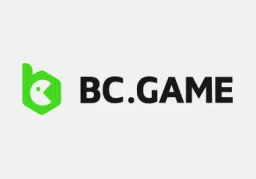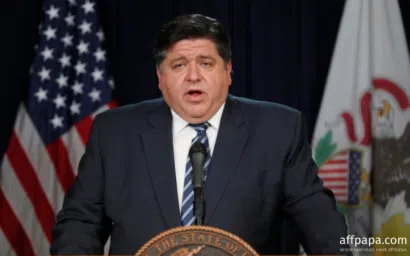Launch of digital betting in NY in the talks

A possible addition of digital betting in New York is able to push the state into becoming the biggest sports betting market in the entirety of the United States, but only if it is done correctly.
A report titled ‘The State of New York Sports Betting: An Examination of the Forces Shaping the Market’, written by Eric Ramsey, Matthew Kredell and Dustin Gouker has proposed that New York has witnessed a loss of millions of dollars worth of revenue since the release of retail betting back in mid-2019.
The report further details that if there were an open market present in the state, it could possibly draw in $37 billion in bets, with over $2.5 billion in operator revenue, as well as bringing in over $300 million worth of tax revenue in the first 4 years alone. Meanwhile, a closed market would only bring in about $7.5 billion in bets, with $750 million worth of revenue, but an increased amount of tax the state at $375 million.
Ramsey further stated:
“New York is a complex market, but one that the entire US gaming industry is watching intently. There are so many factors at play in the charge to regulate online sports betting, including Governor Andrew Cuomo’s political fate.”
The dispute that currently concerns the legalisation of online sports wagering in the state, along with its structure and regulations, is currently being undertaken. It is intended to end near spring of this year. There have been some setbacks, however, since two major factions have come about in this dispute on how to structure the online platforms and regulations.
The first is in full support of the open market concept, since it would bring in many private operators to launch in the state. This faction is led by Assemblymember James Gary Pretlow and Senator Joseph Addabbo Jr.
The second one is in favour of a state monopoly model, through which the state is able to benefit from its revenue since there will only be one sole operator. This faction is currently led by Cuomo.
Gouker noted:
“The bottom line is we believe an open market will offer broader benefits for the state and its residents. But a closed market should produce more revenue for the state, and that is tempting for policymakers.”























